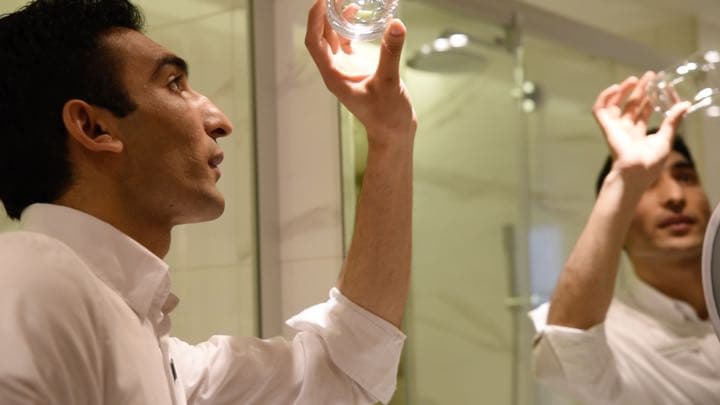Safe Countries of Origin

What does it mean?
Authorities or the media often talk about "safe countries of origin" ("sicheren Herkunftsländern" or "sicheren Herkunftsstaaten"). But to which countries do the term refer? Here we explain what a so-called "safe country of origin" is and how coming from such countries can affect your asylum procedure in Germany.
What do I need to know?
What is a "Safe Country of Origin"?
In Germany, a country is considered to be a "safe country of origin" when its people, in principle, are not subject to state-sponsored prosecution, and the state is in general able to protect its citizens from non-state persecution. The Federal Office for Migration and Refugees (BAMF) initially assumes that the individuals who come from these countries do not need protection in Germany. The asylum seekers from these countries must, therefore, prove the opposite to BAMF during their asylum process.
Currently, the following countries are considered to be "safe countries of origin" in Germany:
- Albania
- Bosnia and Herzegovina
- Ghana
- Kosovo
- Macedonia
- Montenegro
- Senegal
- Serbia
- Georgia
- Republic of Moldova
- all member states of the EU
The inclusion of the following countries to the list has been regularly the subject of debate in Germany:
- Algeria
- Morocco
- Tunisia
But currently, they are not considered as safe countries of origin.
What is the difference between a “safe country of origin” and a “safe third country”?
The German Basic Law distinguishes between two categories of “safe countries”: States of origin and third countries. State of origin or country of origin means that a person is a national of this country. The term “third country” is used when a person has entered the country via a safe country.
When a person enters the country via a safe country, their asylum application may be rejected as “inadmissible”. However, they may be eligible for another form of protection. You can find more details on the website of BAMF (Federal Office for Migration and Refugees).
Important
Contact a local counselling centre if you have questions about your rights and options. You can find one on the Pro Asyl website. You can find lawyers nearby on our Local information page. Enter the name of your city and search for residence right or legal advice.
Similar topics
Additional links
Types of Protection
Learn more about different forms of protection in the German asylum system.
Federal Refugee Council
To find legal advice, you can contact the Federal Refugee Council near you.
Our community in the forum
Quickly find answers to any question. Benefit from the experience of your community and exchange ideas.
Support on site
Are you looking for counseling centers, meeting points, and other services? Use our search engine.






